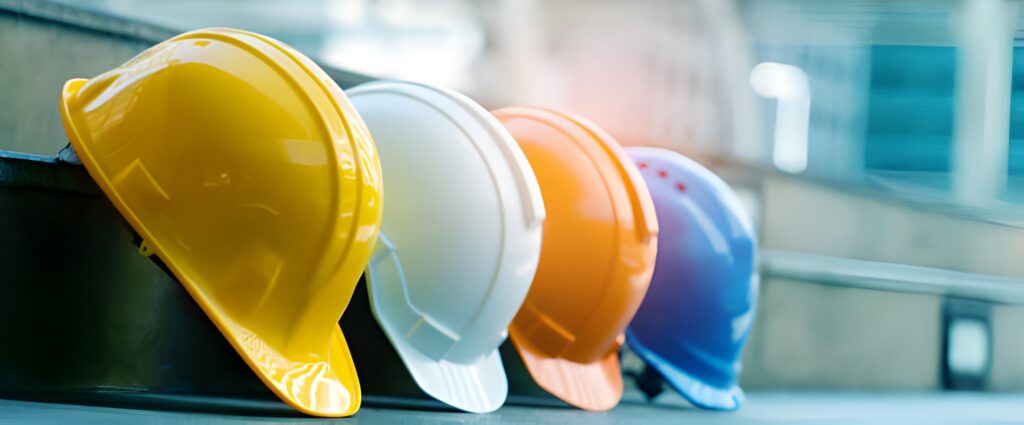When you drive by a construction site, how often do you think about the people under those hard hats? These resilient construction workers, who are not just building structures but also our communities, face mental health struggles that society has historically overlooked.
The construction industry, with its unique challenges, is grappling with a critical issue of mental health that demands our attention.
Health and Safety Executive (HSE) reports that 40 fatal injuries to construction workers occurred in 2019/20. The industry accounted for 36% of fatal accidents in 2020.
However, the industry is also responsible for high levels of sickness. According to the HSE, each year, some 4% of construction workers suffer from a work-related illness. Around 80,000 workers report a workplace illness every year, and millions of working days are lost each year in construction due to work-related diseases. Every year, more working days are lost in construction due to work-related illness than due to injuries caused by accidents. The statistics show that construction is a high-risk industry for health and safety-related matters.
magine John, a construction worker, toiling away on a high-rise building project. The relentless environment, unforgiving deadlines, and physically draining tasks took a heavy toll on John’s mental well-being, leading to stress, anxiety, and depression. Sadly, the stigma surrounding mental health kept John from seeking help, exacerbating the situation. For instance, John’s mounting stress disrupts his sleep, compromising his performance and safety at work.
reating a supportive work environment that prioritizes mental health is essential for the well-being of construction workers. This blog explores the importance of mental health in the construction industry, identifies everyday stressors, and provides practical tips for employers and employees to promote mental wellness on construction sites.
Mental health is crucial for personal well-being, workplace safety, and productivity. According to a study by [reputable source], Hidden in the statistics relating to health is a surprising figure; of the 81,000 cases of reported illness in the construction industry in 2020, 26% of these relate to stress, depression, or anxiety. The demanding nature of construction work, including long hours, physical labor, and high-pressure deadlines, significantly impacts mental health. Poor mental health can lead to decreased focus, increased accidents, and lower productivity. Untreated mental health issues contribute to higher absenteeism and turnover rates.
By prioritizing mental health, employers can cultivate a safer, more productive work environment, boosting employee satisfaction and curbing workplace injuries and absenteeism costs. This is not just beneficial for workers but also for businesses, underscoring the significance of this approach.
Final Thoughts
Prioritizing mental health in the construction industry is essential for creating a safer, more productive work environment. By understanding the unique challenges and taking proactive steps, employers can enhance job satisfaction, reduce accidents, and improve productivity. Open communication, access to mental health resources, and a robust support system are crucial for fostering a mentally healthy workplace. Employees play a vital role by practicing self-care, setting boundaries, and seeking support. Together, we can create a culture that values mental health, reduces stigma, and promotes well-being. By lifting the hard hats, we can uncover and address the critical mental health issues faced by construction workers, ensuring they receive the support they need to thrive.

